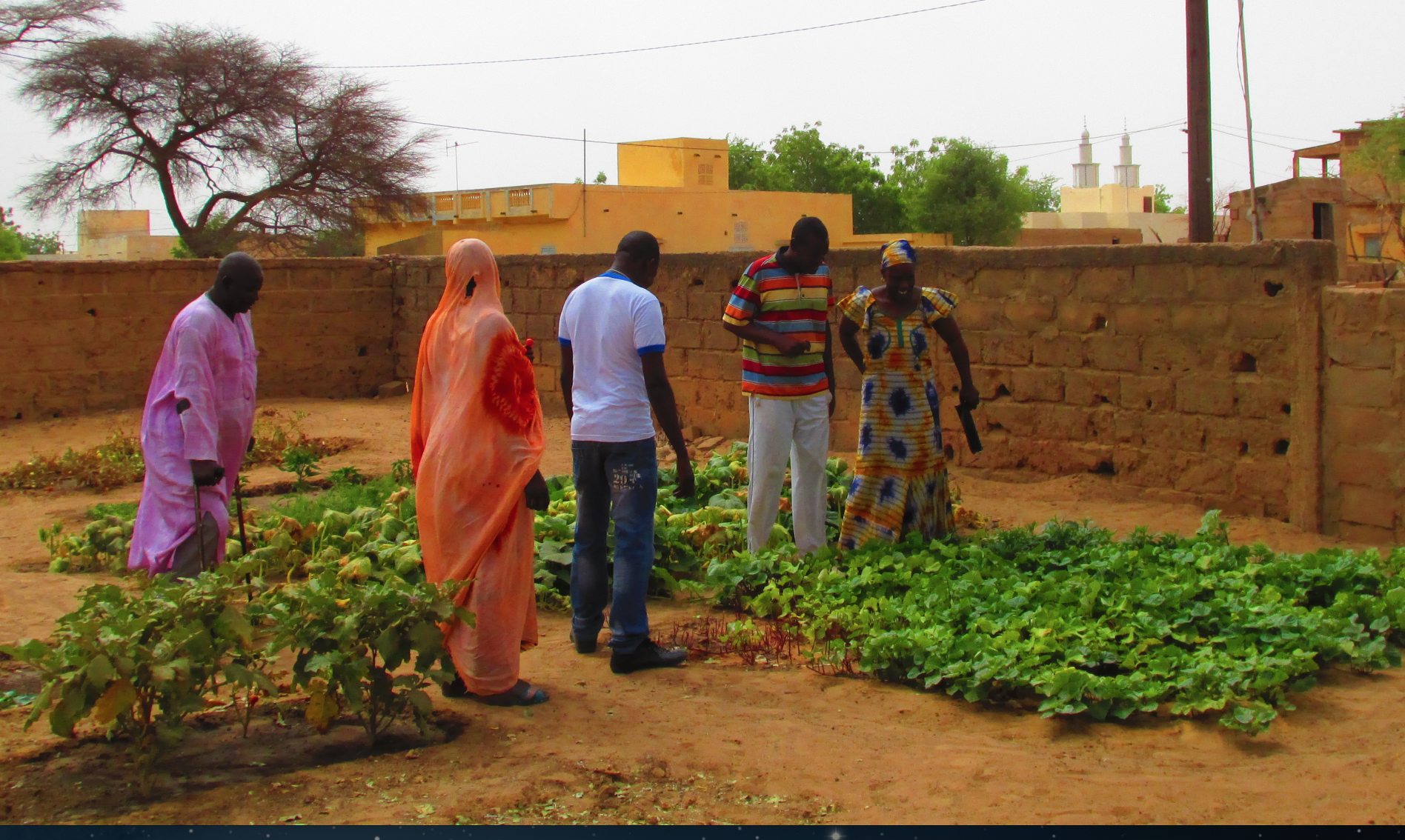
Results from the 2014 Global Food Security and Global Nutrition pledges have been released, revealing that InterAction member NGOs, including NCBA CLUSA, spent over $733 million and over $500 million of private funding to combat hunger and malnutrition globally. These numbers put InterAction members on track to exceed the 3-year $1.5 billion commitment to tackle these tough issues around the world.
NCBA CLUSA reported funding and projects to both pledges, with impact in the agriculture, nutrition, and food security categories.
Some of NCBA CLUSA’s reported funding included fully privately funded projects like the Purdue Increased Storage Bags (PICS) project in Uganda, funded by the Bill and Melinda Gates Foundation and the Starbucks Foundation’s CoopWASH program in Indonesia. These programs work with farmers associations and cooperatives on the ground, providing access to proper crop storage for 3,200 villages in Uganda, and safe and clean water for over 1,700 people in Indonesia.
Although most of NCBA CLUSA’s projects have U.S. government funding, partnerships with local, national and international private sector firms on the ground are critical for program effectiveness. These partnerships can lead to dramatic results, such as the ongoing Yaajeende Program in Senegal, funded by the US Agency for International Development (USAID), which saw a 44 percent reduction in stunting for children under 5.
Private funding dollars for international projects can come in the form of grants and project funders or as public-private partnerships on the ground where implementing partners agree to share some of the cost of a project.
“These pledges demonstrate how various sectors working together can achieve gains in improving food security and nutrition,” said Amy Coughenour, COO for NCBA CLUSA’s International Program. “Our strength is in collaboration.”
NCBA CLUSA also works with the private sector to create sustainable market solutions for smallholder farmers. In East Timor, working with Cooperativa Café Timor (CCT) and Cooperative Business International (CBI) supports our training and work in the country including exporting over 30 million pounds of green Arabica coffee annually to buyers like Starbucks and Green Mountain, ensuring any improved agribusiness has a viable market outlet and sustainable future.
“Nongovernmental organizations (NGOs) play a vital role in the fight to end chronic hunger,” said Sam Worthington, President of InterAction, in a recent Huffington Post blog piece on the role of U.S. NGOs and global leadership to fight hunger.
There is enormous potential for governments, the private sector, and U.S. NGOs to work together to align efforts in food security and nutrition. Governments bring public dollars and the ability to direct public policy, while the private sector offers access to markets, value chains and large distributive capacity. U.S. NGOs add value with local connections in communities and expertise working with and strengthening organizations, including farmer cooperatives—critical if development dollars are to deliver lasting results.


